Seasonal affective disorder, or SAD, impacts around 10 million Americans. SAD usually hits around fall and continues into the winter months. Also, if we battle depression throughout the year, the darker months can exacerbate our symptoms. Spices and herbs have been used in medicine to help heal disease for centuries. I’ve paired this list of spices with several recipes so you can incorporate them in your cooking. I bet you already have many of these in your home!
1. Turmeric
The beautiful yellow spice may be one of the most-researched spices on the planet. Evidence suggests curcumin, the active ingredient in turmeric, may be effective at treating depression. Curcumin boosts serotonin and dopamine, two neurotransmitters important for mood management. In addition, curcumin has powerful anti-inflammatory and antioxidant effects which can help manage several chronic illnesses.
2. Cinnamon
Adding this aromatic spice to meals can be helpful in alleviating anxiety and depression due to its ability to balance blood sugar levels. Even smelling cinnamon can enhance cognitive functioning. I add cinnamon to all my smoothies and oatmeal bowls as its ability to stabilize glucose levels can help keep our energy consistent through the day, as well as assist in lowering “bad” cholesterol, and decreasing triglyceride levels.
3. GINGER
Fresh ginger can boost feelings of happiness by increasing serotonin levels. Also, it can help us stay focused and increase productivity by supporting our dopamine levels. Its adaptogenic properties can help regulate cortisol levels and alleviate symptoms of adrenal fatigue. Other health benefits include decreasing fasting blood sugar and HbA1c levels.
4. Fennel
While mostly known for its digestive health properties, fennel supplementation has also been shown to decrease anxiety in women with anxiety disorder. It can also relieve pain, bloating and cramps related to both PMS and menopause.
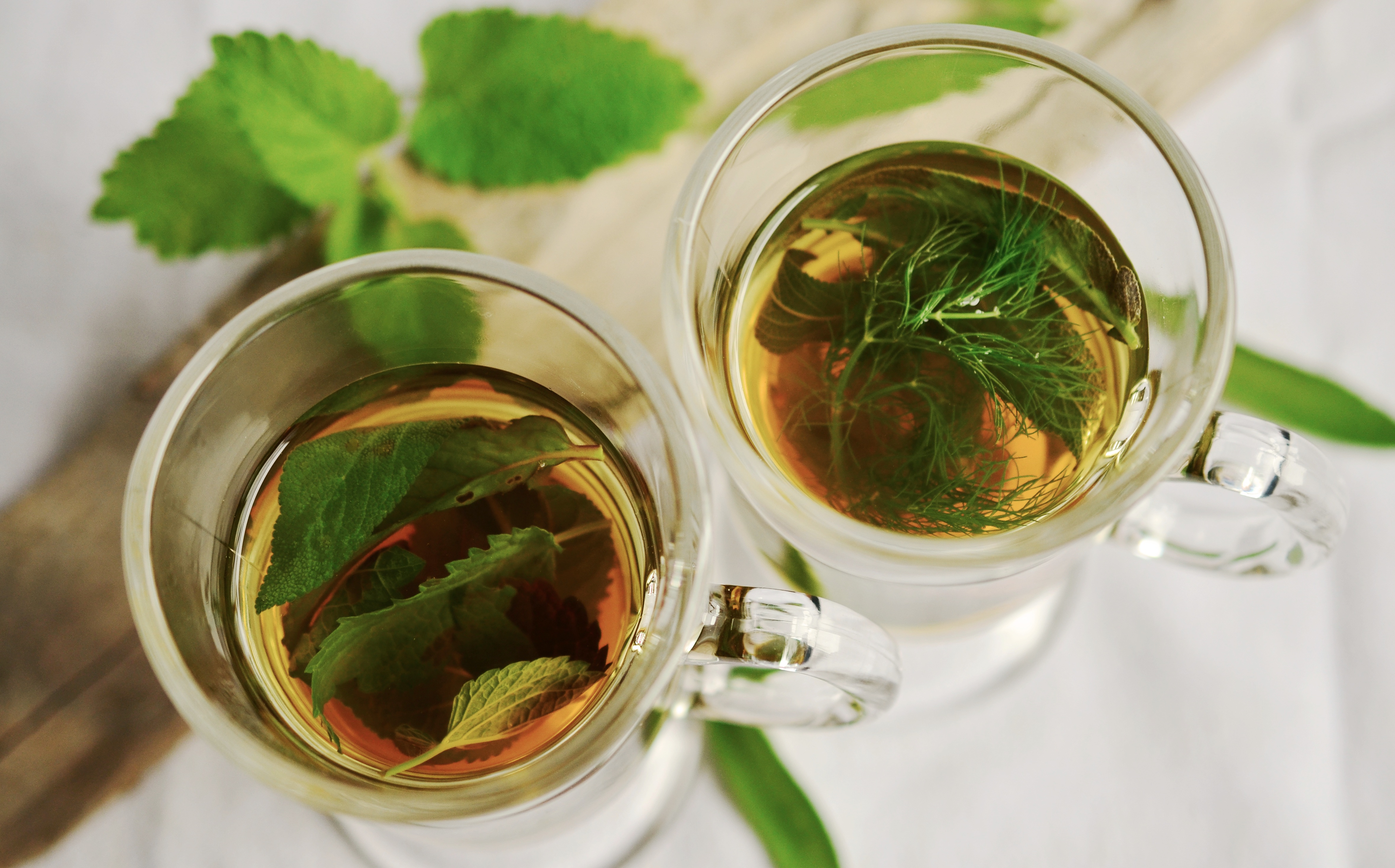
5. Nutmeg
The warming, soothing properties of nutmeg help promotes relaxation, digestion and may decrease anxiety and depression. If taken before bed in a warm drink it may help us sleep if we suffer from insomnia. Its high magnesium content helps reduce nerve tension and can stimulate the production of serotonin. In the brain, serotonin is converted to melatonin, the hormone responsible for our sleep and wake cycles.
6. Cumin
Cumin seeds, also known as jeera, are anti-inflammatory, anti-bacterial and known to improve digestion. They have a high amount of melatonin which can help with insomnia and may also alleviate anxiety.
7. Cardamom
Related to both turmeric and ginger, cardamom has antidepressant potential as well as cardiovascular benefits. Research has shown it can help decrease high blood pressure by relaxing our arteries. It has also been reported to improve digestion and could inhibit the growth of colon cancer cells.
8. Teas: Matcha, Lavender & Chamomile
Now this last one isn’t a spice but it is a powerful addition to meals or any time of the day: tea! Matcha tea contains L-theanine which may relieve stress and improve cognitive function. I use matcha tea in replacement of coffee as it provides me with focused energy as opposed to anxious energy. It is very high in catechins which are antioxidants that help remove free radicals from the body preventing disease. Studies also suggest matcha tea may prevent blood glucose and lipid accumulation. Lavender is a soothing herb often used in aromatherapy for stress and anxiety. Culinary lavender is also edible in small amounts and lovely when steeped in tea. I often drink this in the evening or whenever I am feeling anxious. Chamomile tea is soothing for digestive issues but may also be helpful for people experiencing panic attacks, anxiety and/or insomnia.
I would love to hear how incorporating these spices in your meals impacts your mood, energy levels and focus, so let me know if you try any recipes!
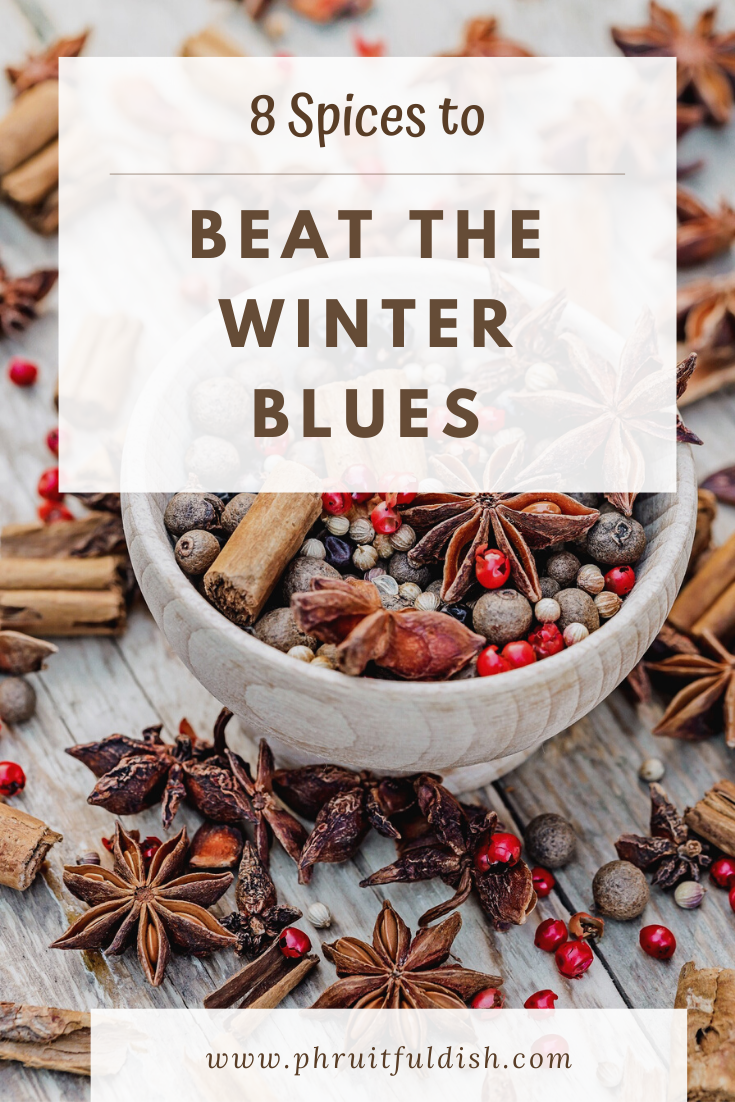
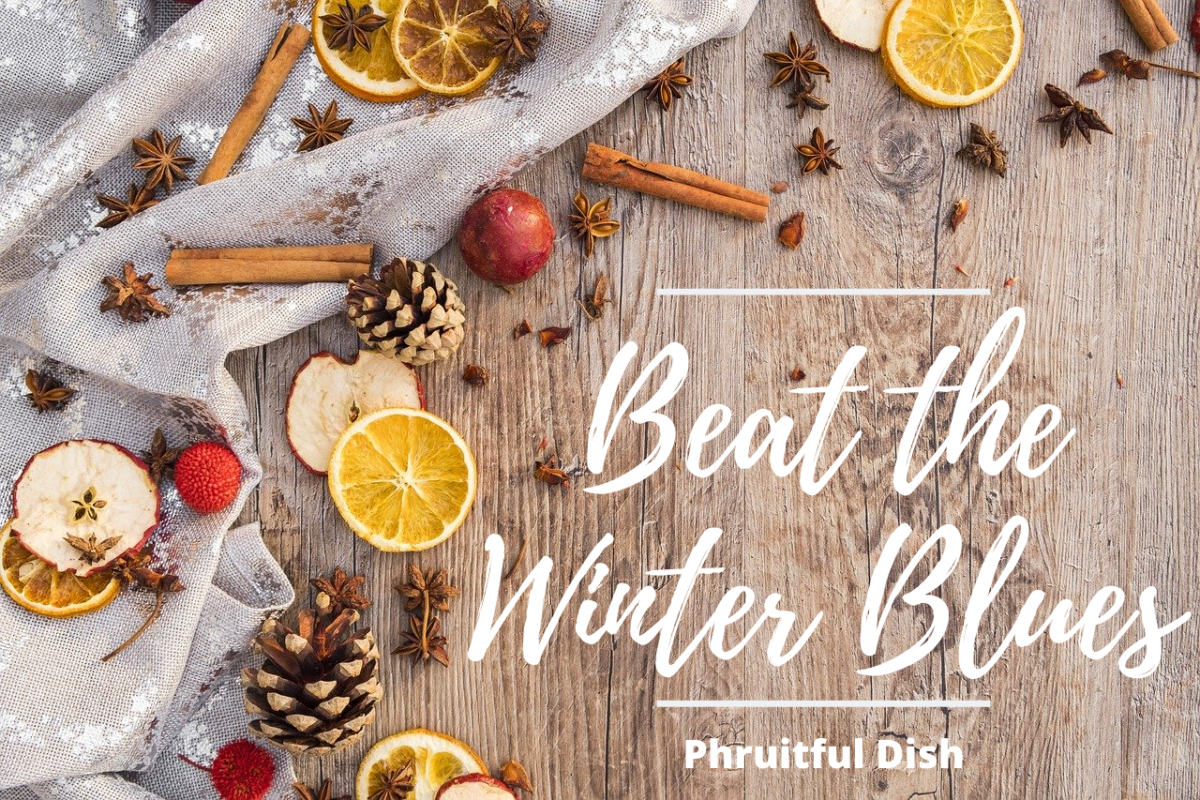
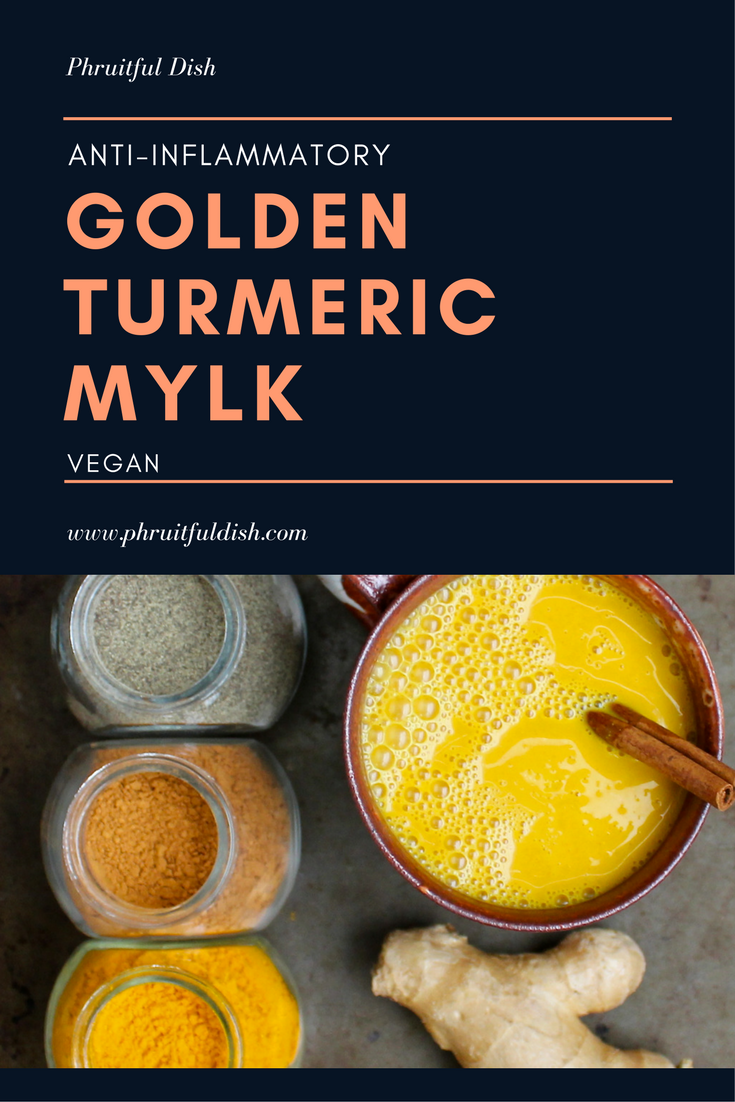
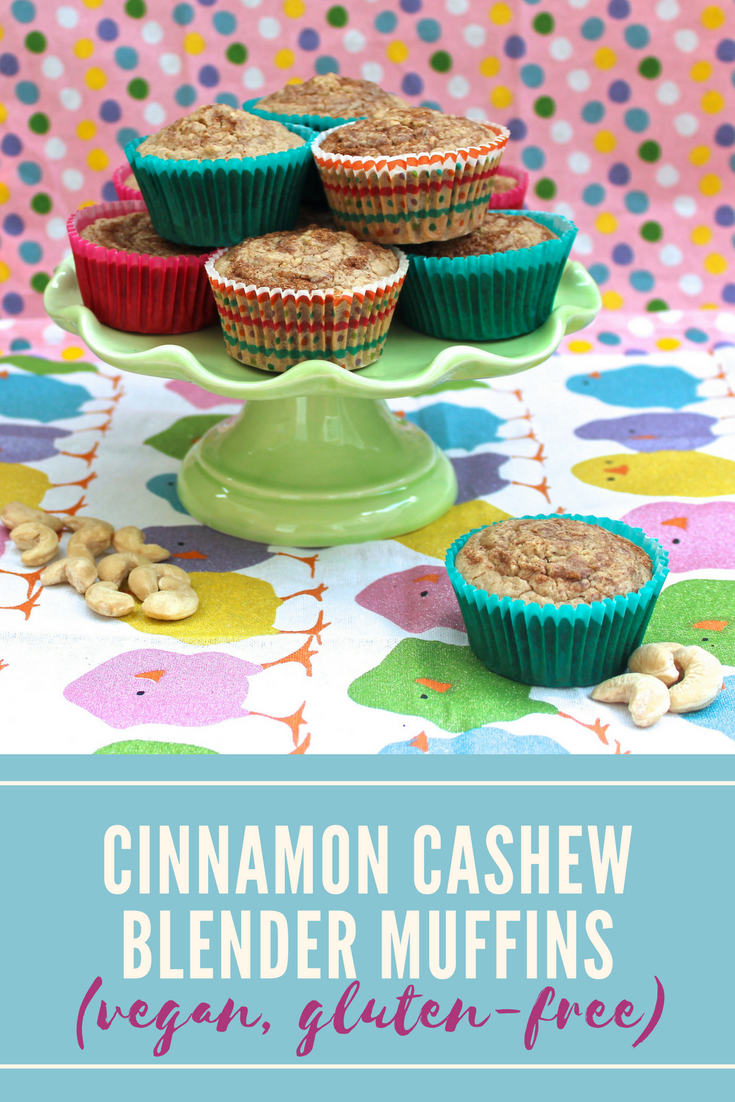
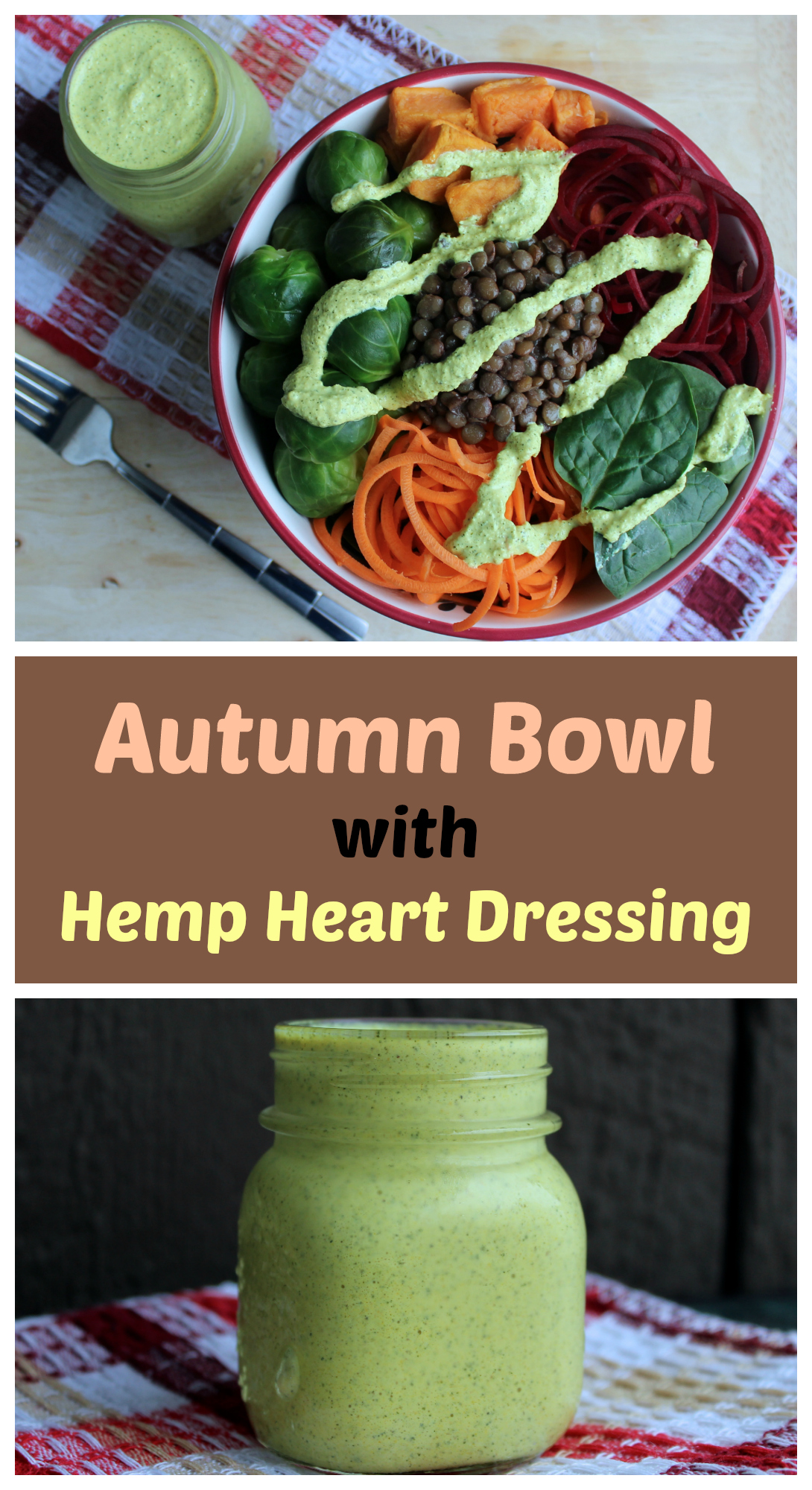
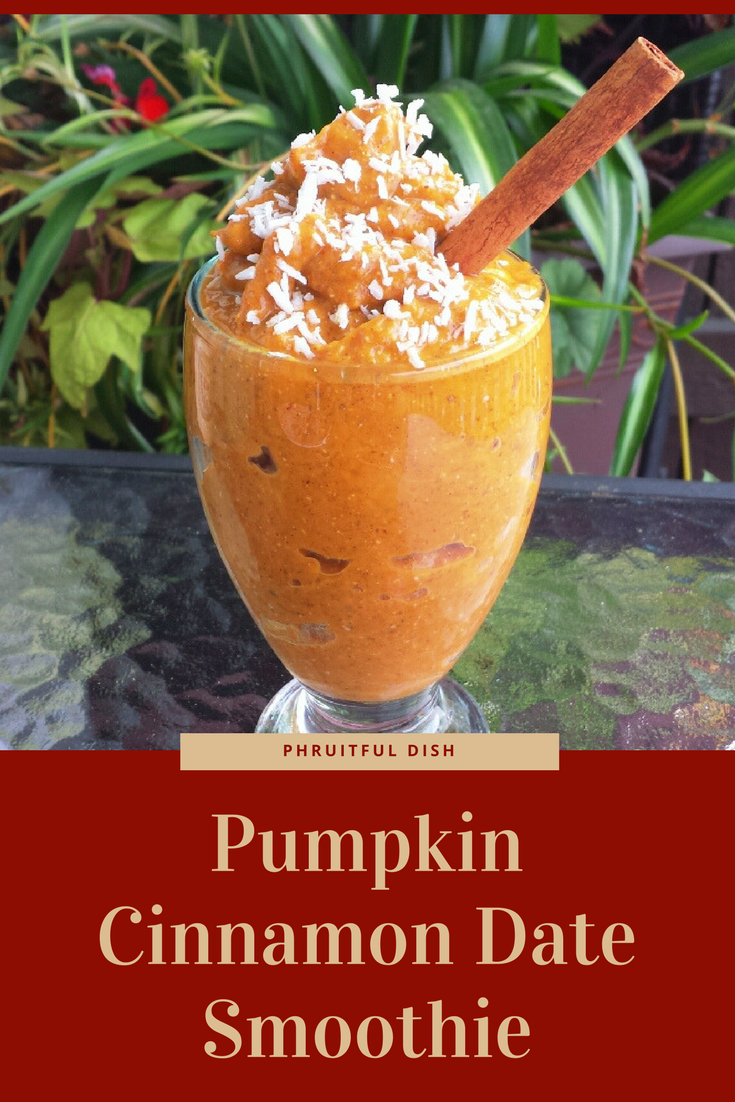
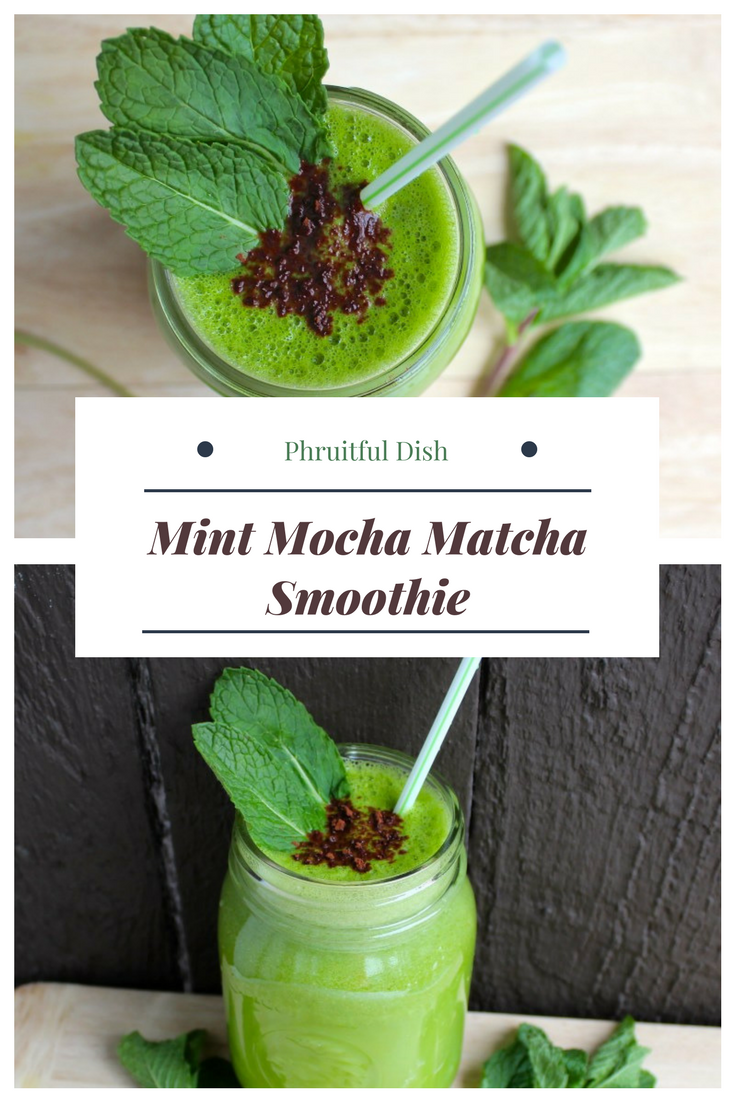
9 replies on “8 Spices to Beat The Winter Blues”
Amazingly beautiful and informative information on mood-boosting spices and herbs.
I will certainly try them!
Thank you! I’m glad you enjoyed my photos and information. ??
Turmeric is so versatile and great for reducing inflammation! Thank you for this information and inspiration.
You’re right! And you’re most welcome.
So interesting to know the healing properties of the common spices that we use in our homes. Thanks for sharing this information.
You’re welcome! I love knowing that something so simple can be so beneficial ?
Great read and information in all these spices. I always love playing around with different spices in my morning smoothies, like tumeric and cinnamon, but there’s a couple other recipes here I’ll have to try
Great! Aren’t spice wonderful for both our tastebuds and health?! Enjoy playing around with them. ?
[…] Dylan Cutler of Phruitful Dish lists off some “mood boosting spices” that can help in beating the winter blues. I’m thankful that it’s been sunny these last couple of days, but that’s not […]